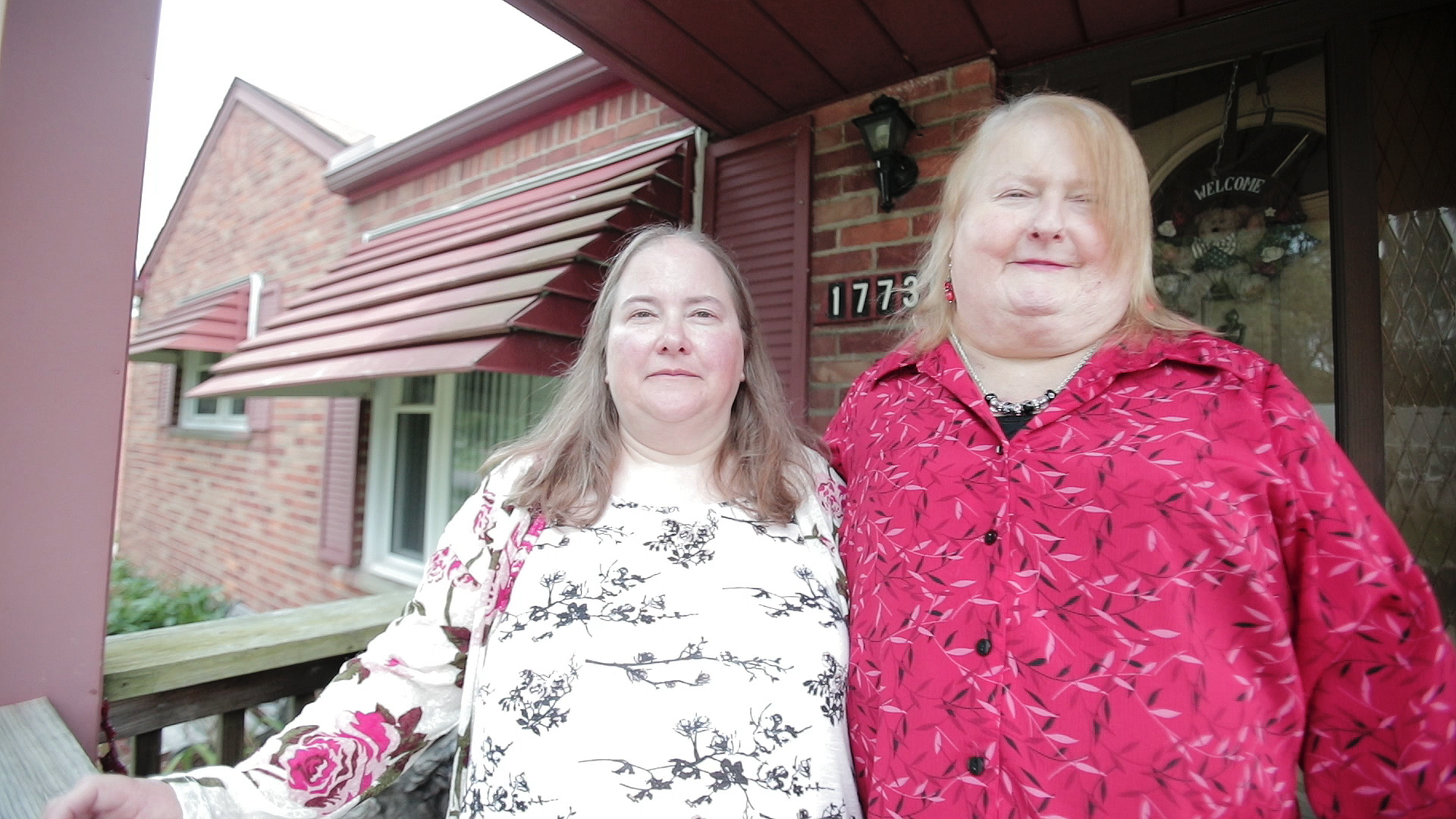The U.S. Supreme Court’s 2019-20 term begins this month with a blockbuster trio of LGBTQ rights cases.
On Oct. 8 – the new term’s second day of arguments – the court will hear three cases that involve gay and transgender people who were fired from their jobs because of their sexual orientation or gender identity.
The justices will be asked to decide whether the employers who fired the LGBTQ employees violated Title VII of the landmark Civil Rights Act of 1964, which protects employees from discrimination on the basis of sex, race, religion and national origin.
In two of these cases, federal courts have already ruled that LGBTQ people are protected by Title VII. In the third case, the 11th U.S. Circuit Court of Appeals relied on a 40-year-old, outdated decision that wrongly excluded sexual orientation discrimination from Title VII’s protections when it declined to reconsider the case last year.
President Donald Trump’s Solicitor General Noel Francisco requested and was granted the opportunity to participate in the oral arguments to support the employers who fired the LGBTQ workers. In a brief filed with the Supreme Court in August, Trump’s Department of Justice argued that Title VII doesn’t protect transgender people.
The department’s brief was the second it has filed in the case R.G. & G.R. Harris Funeral Homes v. Equal Employment Opportunity Commission. The federal government last fall essentially flip-flopped on whether Title VII protects LGBTQ people: The EEOC – also a federal agency – originally prosecuted the case against the funeral home on behalf of Aimee Stephens, an employee of six years who was fired after she came out as transgender and began living publicly as a woman.

PHOTO: Aimee Stephens, right, and her wife, Donna. CREDIT: ACLU
The funeral home’s owner claimed Stephens’ dressing as a woman was violating the business’s dress code. He also cited his religiously motivated disapproval of transgender people and, in earlier court proceedings, claimed he had a right to fire Stephens under the Religious Freedom Restoration Act (RFRA).
Americans United, in a friend-of-the-court brief that was joined by 76 faith leaders and 13 religious and civil rights organizations, said that was a gross misinterpretation of RFRA, which doesn’t give employers the right to use religious beliefs to bypass antidiscrimination laws. On the contrary, doing so would violate the First Amendment by favoring certain religious beliefs and allowing them to cause harm to innocent people who have different beliefs, the brief asserted.
The 6th U.S. Circuit Court of Appeals agreed with AU and ruled in Stephens’ favor last year, but the funeral home – represented by the Christian nationalist legal firm Alliance Defending Freedom – appealed to the U.S. Supreme Court. Since the federal government is no longer representing Stephens’ best interests, the American Civil Liberties Union will argue her case.
The other LGBTQ rights cases to be heard by the court on Oct. 8 include:
- Altitude Express Inc. v. Zarda: Skydiving instructor Donald Zarda was fired in 2010 because he was gay. (Donald has since died; his family is continuing his legal battle in his honor.)
- Bostock v. Clayton County, Ga.: Gerald Lynn Bostock was fired from his job of 10 years as a county child welfare services coordinator after his employer learned he’s gay.
The Supreme Court was asked only to determine whether LGBTQ employees are protected by Title VII, not whether employers can claim a “religious freedom” right to fire people who don’t share their religious beliefs. But even though the regressive political agenda to misuse religious freedom as a license to harm others won’t be expressly addressed by the justices, the issue will be percolating in the background. Many of the briefs filed in support of employers’ rights to discriminate against LGBTQ people were signed by Religious Right organizations like the National Association for Evangelicals, the U.S. Conference of Catholic Bishops, the Billy Graham Evangelistic Association, the National Organization for Marriage, the Foundation for Moral Law and ADF-aligned right-wing Christian legal groups First Liberty Institute and Liberty Counsel.
In July, Americans United joined the Leadership Conference on Civil and Human Rights, the Lawyers’ Committee for Civil Rights Under Law and more than 50 other civil rights advocacy organizations to urge the court to protect LGBTQ people from employment discrimination.
AU President and CEO Rachel Laser pointed out that discrimination against LGBTQ people is often religiously motivated.
“In order for America to live up to its promise of liberty, equality and church-state separation, we must not allow religious freedom to be weaponized to license harm to others,” Laser said. “Through these cases, the Supreme Court has an opportunity to make it clear that LGBTQ Americans cannot be mistreated because their existence offends some people’s religious beliefs.”
In order for America to live up to its promise of liberty, equality and church-state separation, we must not allow religious freedom to be weaponized to license harm to others. Through these cases, the Supreme Court has an opportunity to make it clear that LGBTQ Americans cannot be mistreated because their existence offends some people’s religious beliefs.
~ Rachel Laser


